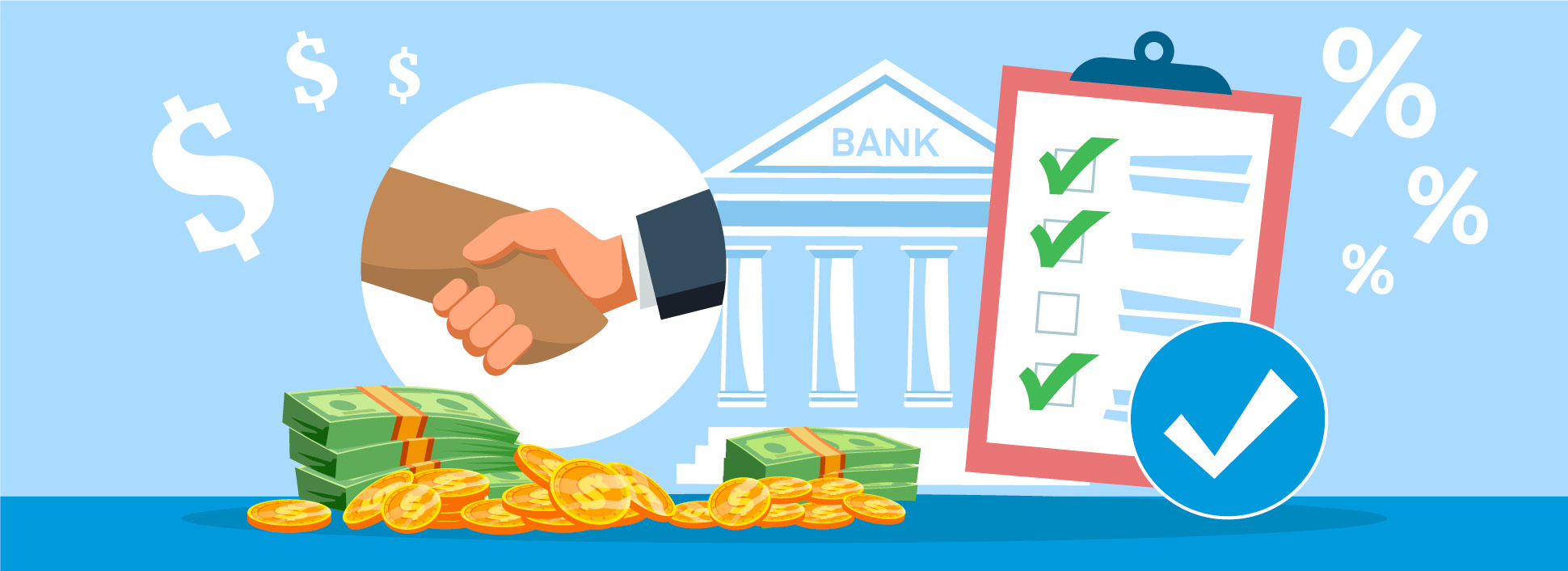Summary:
- Great loan option for rookie and seasoned investors.
- Borrowers can qualify based on the property’s cash flow, offering faster closing times and more flexible funding solutions.
- Lenders will not look at your personal income or current debt ratio to determine eligibility.
- Lenders will review property’s financials to determine if the property can generate enough cash flow to meet the DSCR requirement.
- To qualify, the investor must be self employed for at least 2 years i.e., be an independent contractor that filed form 1098 for at least the last 2 years.
- You do not need to provide any income or supporting tax returns, but your credit score will be taken into account.
- The higher your personal credit score, the lower your down payment will have to be. E.g., 600 credit score gets 75% LTV. 640 score gets 80% LTV.
- Current interest rate as of 10/31/2023 is 9.5%, but you can refinance it later.
- With a good credit score, you are looking at 20% down payment plus closing costs.
- If utilizing a mortgage broker, the approval is relatively quick.
- To apply, you will need to provide a signed lease agreement to view current rental income or an appraisal of the property.
How is DSCR calculated? You can calculate DSCR by dividing the gross rental income by the debt service, resulting in a decimal that can tell you whether or not a property has a high enough income to repay the loan.
What are DSCR loans designed for? They are designed for investors only and not for purchasing a primary residence. You can use a DSCR loan to purchase or repair short and long term rental properties such as condos, apartments, townhouses and singly family homes.
How does DSCR work? DSCR tells lenders whether you can repay the loan using rental income. A DSCR of 1 tells lenders that the property has exactly enough income to repay the loan. This isn’t ideal, because you have other obligations, such as expenses like employees, repairs, maintenance, etc.
What is an ideal DSCR score? A higher DSCR makes you more appealing to lenders, allowing you to qualify for higher loan amounts. Most lenders like to see a higher DSCR of at least 1.25 to prove your ability to repay and allow for extra cash flow for expenses that won’t get in the way of repaying your debt. Some lenders offers more flexibility than others, and allow you to qualify with a DSCR as low as 0.75, and below 0.75 with a higher downpayment on an exception only basis.
Why is DSCR beneficial?
- Your eligibility for the loan is solely determined by your DSCR (that decimal number).
- Streamlined application and approval process, followed by a quick closing.
- No need to provide personal financial information.
- DSCR loans offer unlimited cash-out, which means you can continue taking out money when needed to cover expenses like repairs.
- There is no cap to how many properties you can buy at the same time with a DSCR loan (unlike traditional loans which require you to pay off existing debt before purchasing another property).
- Applicable to short and long term rentals.
- Jumbo DSCR loans are ideal for investors who focus on investing in high-end luxury properties.
Risks of investing in DSCR loans?
- Lenders may require a downpayment greater than 20%.
- Higher interest rates than traditional mortgages.
- DSCR loans cna be issued for amounts from $100,000 to a maximum $5,000,000.
- DSCR loans cannot be used for purchasing a residence. They must be used for rentals.
- Most DSCR loans come with a pre-payment penalty ranging from 1-5 years. In most cases, you will get a lower interest rate if you opt for a prepayment penalty.
Credit: Content – Navigating the Pros and Cons of DSCR Loans. Photo – CreditDonkey
